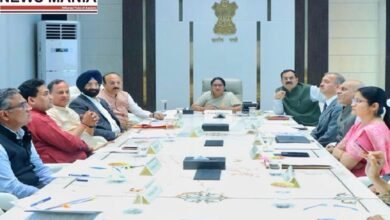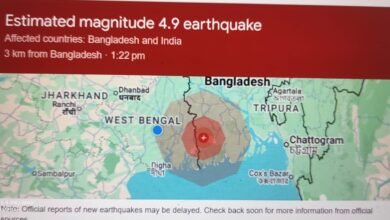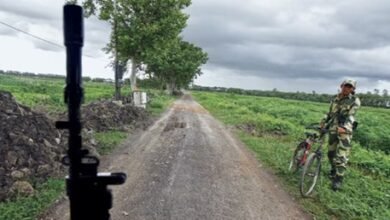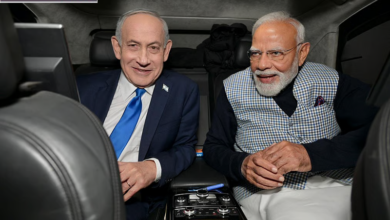Advancing Inclusive Human Resource Development and Social Justice in India Through Union Budget 2024
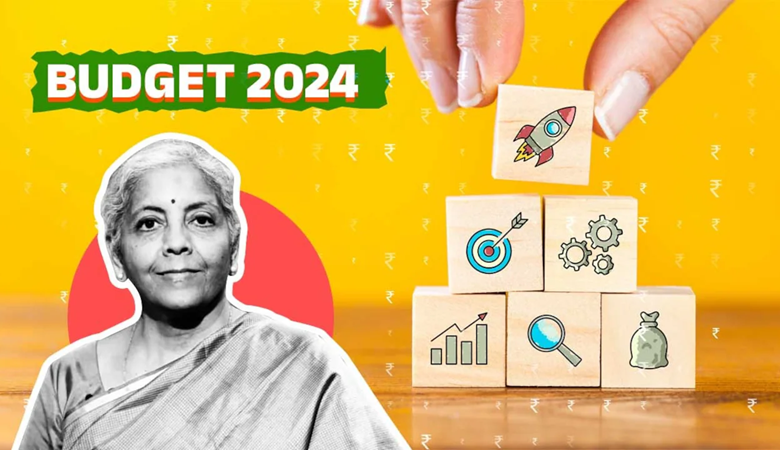
News Mania Desk/Agnibeena Ghosh/24th July 2024
The Indian government is dedicated to the comprehensive development of its citizens, emphasizing support for farmers, youth, women, and the underprivileged. In her budget speech for 2024-2025, Finance Minister Nirmala Sitharaman introduced several initiatives focused on inclusive human resource development and social justice. These measures aim to empower marginalized communities, enhance economic opportunities, and promote social equity.
To ensure thorough social justice, the government will employ a saturation approach, reaching all eligible individuals through various programs. This includes initiatives in education, healthcare, and economic activities, designed to improve capabilities and provide necessary support to marginalized groups, thereby enhancing their quality of life.
The government intends to bolster schemes that support economic activities for craftsmen, artisans, self-help groups (SHGs), scheduled castes, scheduled tribes, women entrepreneurs, and street vendors. Programs such as PM Vishwakarma, PM SVANidhi, National Livelihood Missions, and Stand-Up India will be enhanced to offer financial assistance, skill development, and market access, thereby empowering these communities.
Recognizing the potential of the eastern states, the government will implement the Purvodaya plan, aimed at the holistic development of Bihar, Jharkhand, West Bengal, Odisha, and Andhra Pradesh. This comprehensive strategy will address human resource development, infrastructure, and economic opportunities, transforming the eastern region into a growth engine for a prosperous India.
As part of the Purvodaya plan, the government will support the development of industrial nodes, road connectivity projects, power plants, and other infrastructure initiatives in the eastern states. These projects aim to boost industrial development, enhance connectivity, and improve living standards in the region.
The government has announced the construction of three crore additional houses under the PM Awas Yojana in rural and urban areas. Necessary allocations have been made to ensure the successful implementation of this housing initiative, providing affordable and safe housing to millions of families, thereby addressing one of the fundamental needs of citizens.
To promote women-led development, the budget allocates more than ₹3 lakh crore for schemes benefiting women and girls. These initiatives underscore the government’s commitment to enhancing women’s roles in economic development. Programs will focus on education, healthcare, skill development, and entrepreneurship for women, fostering a more inclusive and equitable society.
For the socio-economic upliftment of tribal communities, the government will launch the Pradhan Mantri Janjatiya Unnat Gram Abhiyan. This initiative aims for saturation coverage of tribal families in tribal-majority villages and aspirational districts, benefiting five crore tribal people across 63,000 villages, ensuring that tribal communities receive the support needed for their development.
To improve financial inclusion in the North-Eastern region, more than 100 branches of India Post Payment Bank will be established. This expansion will provide banking services to remote and underserved areas, facilitating financial empowerment and boosting economic activities in these regions.
The government’s initiatives for inclusive human resource development and social justice reflect a strong commitment to empowering marginalized communities and promoting social equity. By focusing on economic activities, housing, women’s development, and tribal upliftment, these measures aim to create a more inclusive and prosperous society. As these programs are implemented, they will significantly contribute to the overall development and well-being of all citizens, ensuring that no one is left behind.
These efforts represent a comprehensive approach to fostering a more equitable society, where every individual, regardless of their background, has the opportunity to thrive. The government’s dedication to social justice and inclusive development is crucial in building a nation that stands united in its pursuit of progress and prosperity.
The Indian government is dedicated to the comprehensive development of its citizens, emphasizing support for farmers, youth, women, and the underprivileged. In her budget speech for 2024-2025, Finance Minister Nirmala Sitharaman introduced several initiatives focused on inclusive human resource development and social justice. These measures aim to empower marginalized communities, enhance economic opportunities, and promote social equity.
To ensure thorough social justice, the government will employ a saturation approach, reaching all eligible individuals through various programs. This includes initiatives in education, healthcare, and economic activities, designed to improve capabilities and provide necessary support to marginalized groups, thereby enhancing their quality of life.
The government intends to bolster schemes that support economic activities for craftsmen, artisans, self-help groups (SHGs), scheduled castes, scheduled tribes, women entrepreneurs, and street vendors. Programs such as PM Vishwakarma, PM SVANidhi, National Livelihood Missions, and Stand-Up India will be enhanced to offer financial assistance, skill development, and market access, thereby empowering these communities.
Recognizing the potential of the eastern states, the government will implement the Purvodaya plan, aimed at the holistic development of Bihar, Jharkhand, West Bengal, Odisha, and Andhra Pradesh. This comprehensive strategy will address human resource development, infrastructure, and economic opportunities, transforming the eastern region into a growth engine for a prosperous India.
As part of the Purvodaya plan, the government will support the development of industrial nodes, road connectivity projects, power plants, and other infrastructure initiatives in the eastern states. These projects aim to boost industrial development, enhance connectivity, and improve living standards in the region.
The government has announced the construction of three crore additional houses under the PM Awas Yojana in rural and urban areas. Necessary allocations have been made to ensure the successful implementation of this housing initiative, providing affordable and safe housing to millions of families, thereby addressing one of the fundamental needs of citizens.
To promote women-led development, the budget allocates more than ₹3 lakh crore for schemes benefiting women and girls. These initiatives underscore the government’s commitment to enhancing women’s roles in economic development. Programs will focus on education, healthcare, skill development, and entrepreneurship for women, fostering a more inclusive and equitable society.
For the socio-economic upliftment of tribal communities, the government will launch the Pradhan Mantri Janjatiya Unnat Gram Abhiyan. This initiative aims for saturation coverage of tribal families in tribal-majority villages and aspirational districts, benefiting five crore tribal people across 63,000 villages, ensuring that tribal communities receive the support needed for their development.
To improve financial inclusion in the North-Eastern region, more than 100 branches of India Post Payment Bank will be established. This expansion will provide banking services to remote and underserved areas, facilitating financial empowerment and boosting economic activities in these regions.
The government’s initiatives for inclusive human resource development and social justice reflect a strong commitment to empowering marginalized communities and promoting social equity. By focusing on economic activities, housing, women’s development, and tribal upliftment, these measures aim to create a more inclusive and prosperous society. As these programs are implemented, they will significantly contribute to the overall development and well-being of all citizens, ensuring that no one is left behind.
These efforts represent a comprehensive approach to fostering a more equitable society, where every individual, regardless of their background, has the opportunity to thrive. The government’s dedication to social justice and inclusive development is crucial in building a nation that stands united in its pursuit of progress and prosperity.



